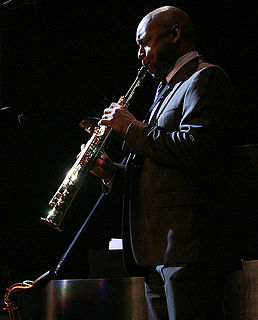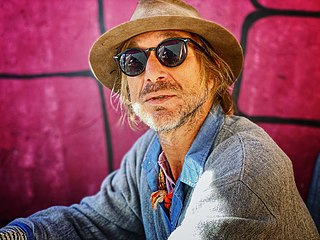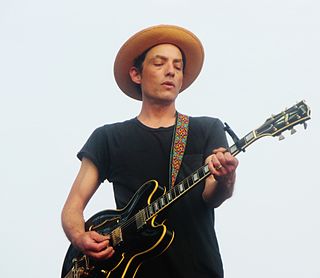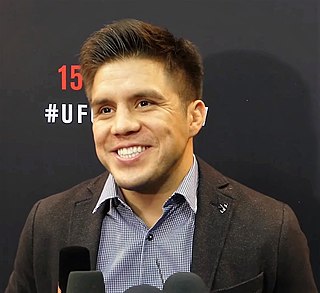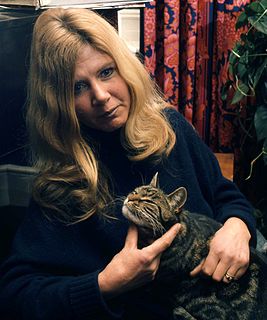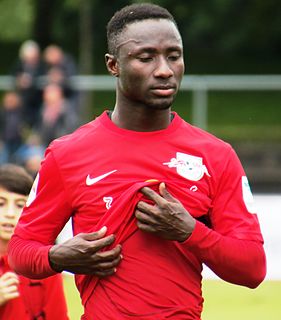A Quote by Jean Kennedy Smith
Related Quotes
I was overwhelmed by the number of calls we got from people offering to rent us houses, to take us out to dinner, to drive us around house hunting. Everyone was just indescribably kind in Havaii. Finally we moved into a house offered to us for an incredible $125 a month by a man who feels that the separation of church and state is a valid constitutional issue which should be fought for.
Well, my dad was into music, but he wasn't into me being into music. In my house when I was a kid, when I was real young, my dad wanted us all to play sports, and we were jock-like. We had a lot of money. And my brother was sort of the light of our family, and he was a good athlete. And I wasn't a very good athlete, but I tried to be. And then when I was 15 my dad went bankrupt, and we moved to Houston. And I went with him, but then I went back to Portland.
I'm going to be working the next 25 or 30 years. People like me, if we want, number one, for no benefit reductions for our parents and our grandparents, number two, for the system to survive and exist for us, and, more importantly, number three, for the system to exist for us children, we are going to have to make reforms to that system.
. . . the number of prayers we say may contribute to our happiness, but the number of prayers we answer may be of greater importance. Let us open our eyes and see the heavy hearts, notice the loneliness and despair; let us feel the silent prayers of others around us; and let us be an instrument in the hands of the Lord to answer those prayers.
A home isn't just a roof over our heads. A home is a place where we feel loved and where we love others. It's a place we belong. Love is what makes a home, not the contents inside the house or the number on the door. It's the people waiting for us across the threshold, the people who will take us in their arms after a ad day and kiss us good night and good morning everyday for the rest of our lives.

